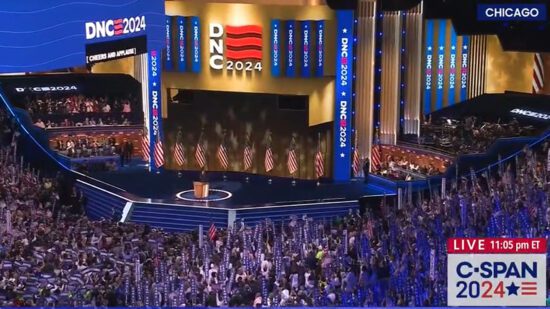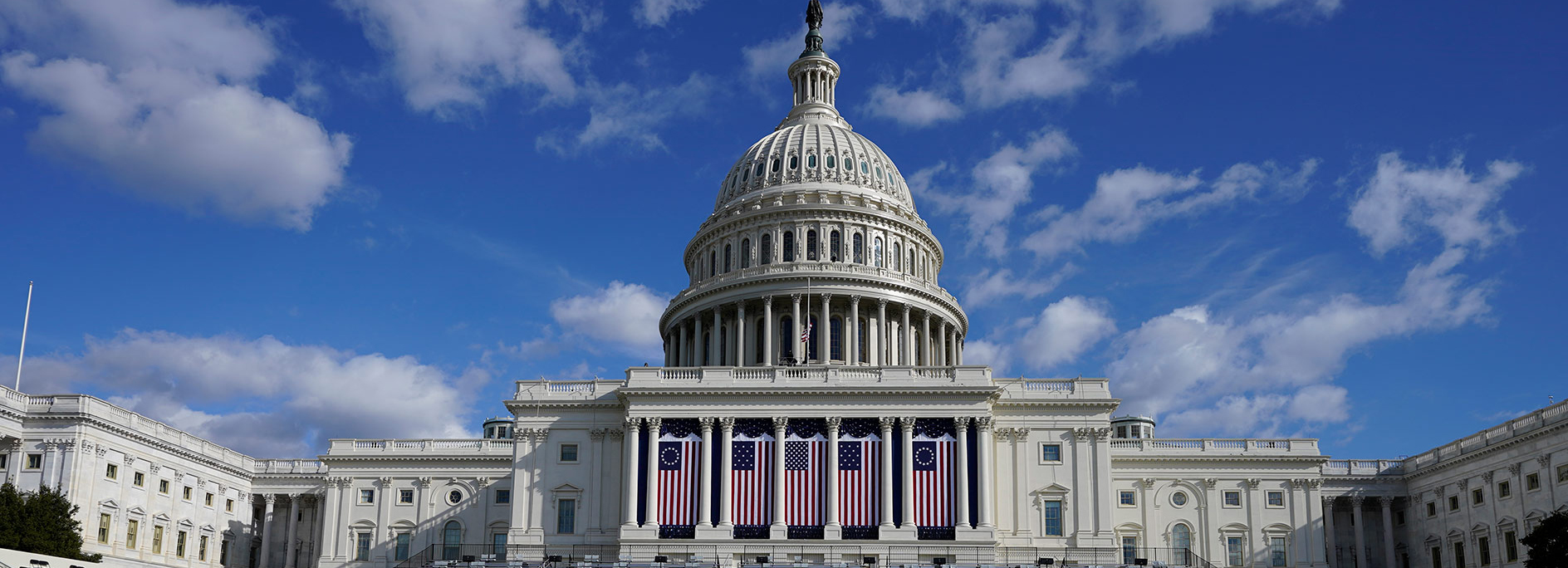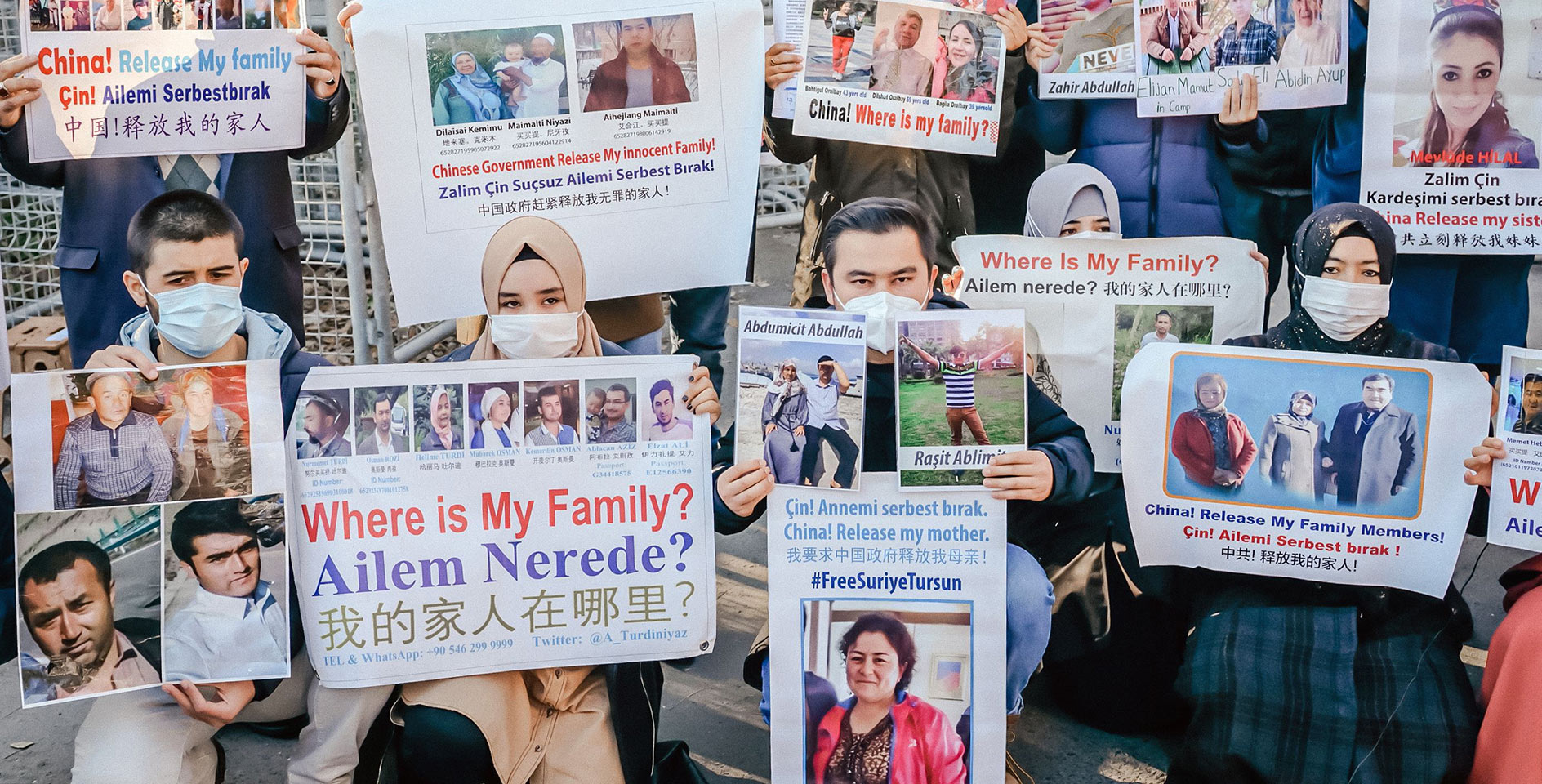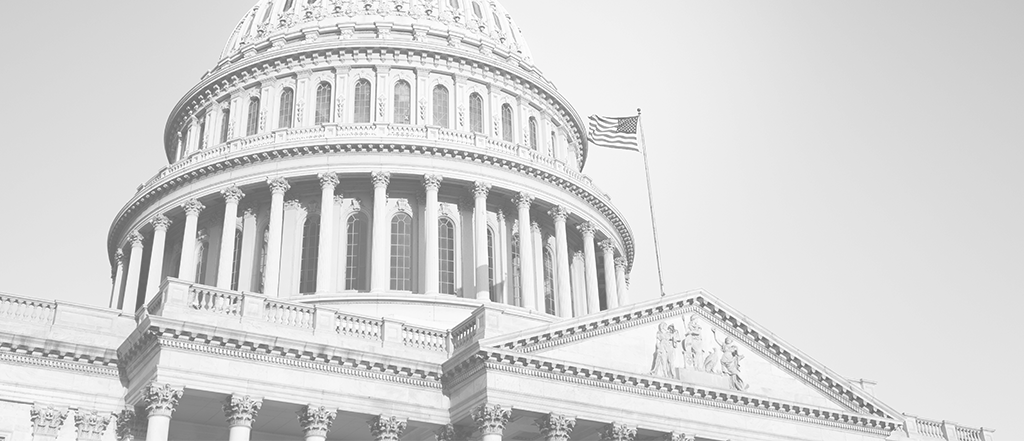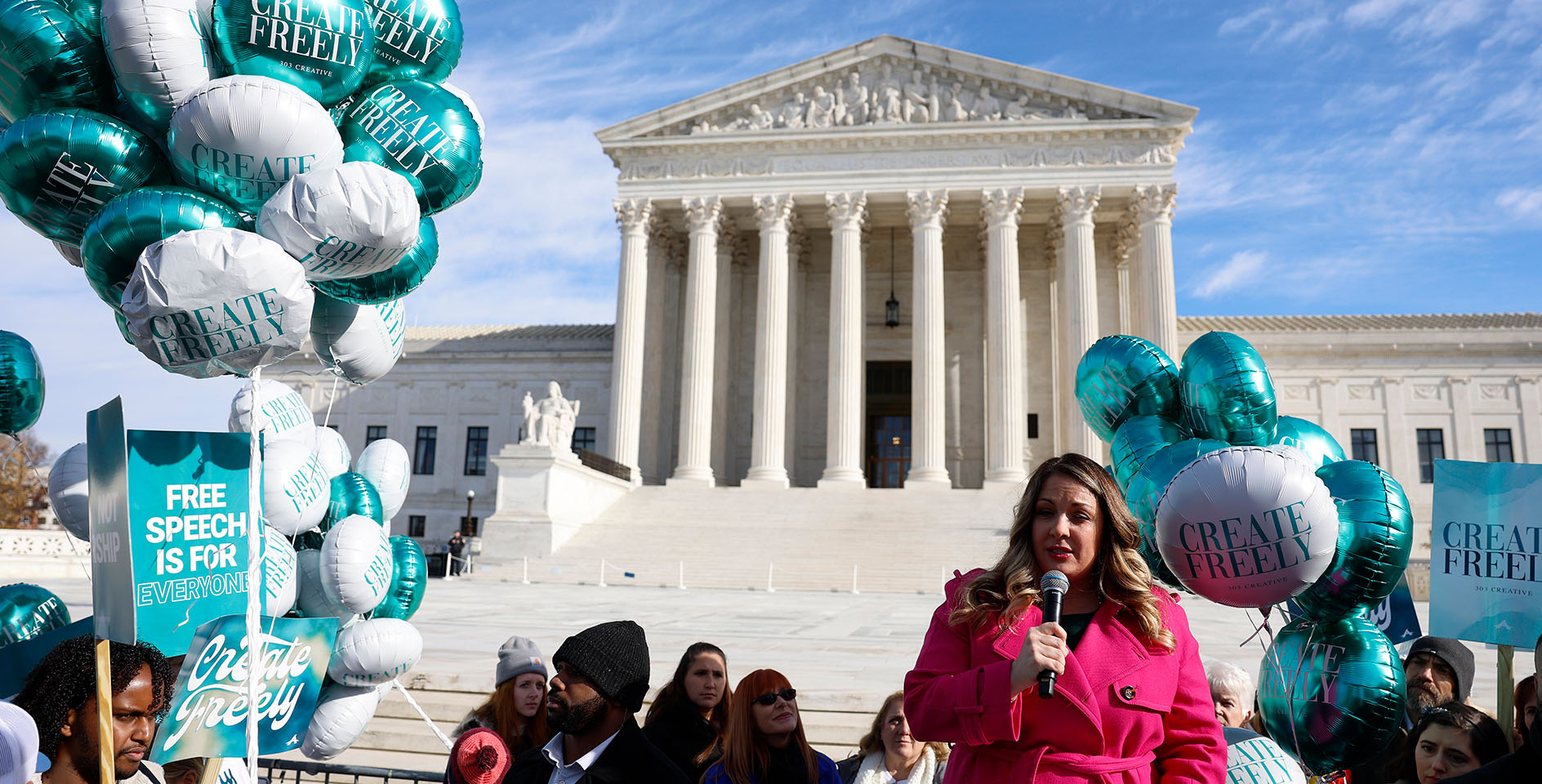WASHINGTON, D.C., May 9, 2018—Steven Harris, policy director for the Ethics & Religious Liberty Commission of the Southern Baptist Convention, gave testimony at the House Committee on Foreign Affairs Subcommittee on Africa, Global Health, Global Human Rights and International Organizations meeting, today at 1:30 p.m. EST at Rayburn House Office Building 2172.
The topic of the hearing was “Protecting Civil Society, Faith-Based Actors and Political Speech in Sub-Saharan Africa." Below are excerpts from his report:
“[I]t cannot be rehearsed enough that the right to be religiously free—to worship or not to worship according to the dictates of one’s own conscience—is a right that stands at the heart of what it means to be human.
“As we consider whether certain democratic ideals are taking root in a particular country, it is important to remember that the consent to be governed does not include state ownership over the conscience.
“When religious freedom is not protected, myriad human rights violations, various forms of violence, and overall destabilization is usually the result. This sentiment has been expressed by officials of our current administration. Moreover, scholars have argued that one of the effects of civil society—religious community being a significant part thereof—is the checking of state power and the resisting of corrupt authoritarian rule and overall undemocratic impulses.
“Consistent with many of the recommendations of the United States Commission on International Religious Freedom’s Sudan report, we strongly urge that religious freedom be a serious factor taken into account as a foreign policy priority as the United States considers the nature of its relationships to these African countries. Governmental structures, and the ideologies that undergird them, must be addressed. Religious freedom cannot be expected when it is concurrently undermined by constitutional order. Targeted tools and broad diplomacy efforts ought to be utilized in order to attain measurable improvements.
“With respect to Sudan in particular, we oppose the normalization of relations until a measurable impact on the ground for religious freedom and the health of civil society can be observed. There are discussions about removing Sudan from the State Sponsor of Terror list, and we have significant concerns with this action absent a local improvement on human rights in general and religious liberty in particular.”
Here is a link to Harris’ written testimony which focused on the constricting religious and civil society space in Sudan, Rwanda and the Democratic Republic of the Congo.
Other panelists included John Prendergast, co-founder, The Sentry; Nanythe Talani, representative, The Torture Abolition and Survivors Support Coalition; Negussie Mengesha, director, Voice of America, Africa Division; and Emerson Sykes, legal advisor, The International Center for Not-for-Profit Law.





